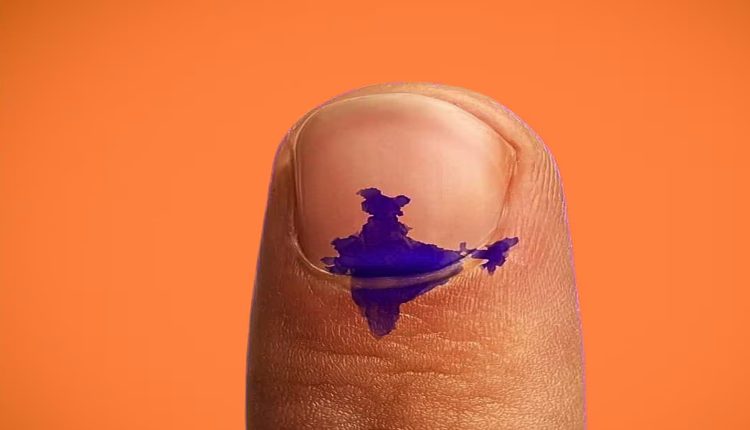NewDelhi: The National Democratic Alliance (NDA) led by the Bharatiya Janata Party (BJP) is encountering challenges in pushing through one of its initiatives known as ‘One Nation One Election’. This proposal seeks to align the schedules of Lok Sabha and state assembly elections and entails an amendment that demands a two thirds majority, in Parliament for approval. However the NDA finds itself facing an obstacle as it only holds 292 seats, in support of the proposal, which falls short of the 362 seats needed for the bill to be passed.
The INDIA bloc led by the Opposition has strongly opposed the bill, in the Lok Sabha with their 205 MPs presenting a challenge to the governments stance on the issue. Regarding the proposal review conducted by the committee under Ram Nath Kovinds leadership; 47 political parties have shared their perspectives while 32 parties have shown support, towards the ruling alliance. Notably though 15 parties including all members of the INDIA bloc have stood against the bill which presents a barrier to its approval. Despite the governments attempts to foster agreement the unity, within the opposition indicates space, for compromise.
The Governments. Emphasis, on Building Agreement
The government has sent the bill to the General Purposes Committee (GPC) to deal with the opposition its facing.This committee will lead discussions and considerations, on the law.In line with rules the GPC will be led by a member of the BJP with most members being from the BJP.Although the government talks about creating a ” consensus ” doubts are widespread, among opposition parties.They claim that the process favors the ruling party. Even the Biju Janata Dal (BJD) known for its stance, in politics is urging for in depth conversations before making a final decision, on the issue.
Union Law Minister Arjun Ram Meghwal is scheduled to present the bill, in the Lok Sabha during the session. It is anticipated that the government will ask Speaker Om Birlato send the bill to a joint parliamentary committee (JP0, for further detailed deliberations following its introduction.
Political Landscape After the 2024 Elections
The call, for a election gained traction after the 2024 general elections saw the INDIA bloc making significant gains that prevented the Bharatiya Janata Party (BJP ) from securing an outright majority in Parliament. Despite the BJP forming a coalition government with Nitish Kumars Janata Dal (United ) and the Telugu Desam Party ( TDP ) in Andhra Pradesh its capacity to push through legislations is hindered by its lack of numbers, in Parliament.The bill is not a hurdle, for the government but also a way to see how well it can adapt its laws.
Important Points, in the Bill
As, per the proposal presented on December 13th in the bill draft report the upcoming system will require synchronized elections nationwide. In case of a dissolution of a Lok Sabha or assembly, by elections will be held solely for the remaining term of starting a new five year tenure.
The initial proposal suggests changes, to sections of the constitution
Implementing elections, for the Lok Sabha and state legislative assemblies under Article 82(A).
Article 83 discusses the changes, to the length of Parliaments terms.
Articles 172 and 327 propose broadening Parliaments authority to enact laws regarding assembly elections.
The changes will come into effect from a specified date chosen by the President following the session of the Lok Sabha, after the elections.
Broader. Response, from Critics
The INDIA group has raised concerns that the ‘One Nation One Election’ proposal could weaken Indias system by limiting states’ ability to decide their election timetables independently. Opponents also highlight the difficulties of organizing elections, in Indias extensive geographical area as a potential source of problems rather, than solutions. In contrast BJP officials argue that the proposal would lower election expenses improve governance effectiveness and lessen the disruptions caused by elections.
At present the future of the ‘One Nation One Election’ concept hangs in the balance.The NDA administration is confronted with a challenge of not garnering support, in parliament but also earning endorsement, from various political ideologies.Whether the BJP can unite everyones agreement remains uncertain. The discussion regarding this proposition will undoubtedly influence Indias legislative scenario in the years ahead.



Comments are closed.